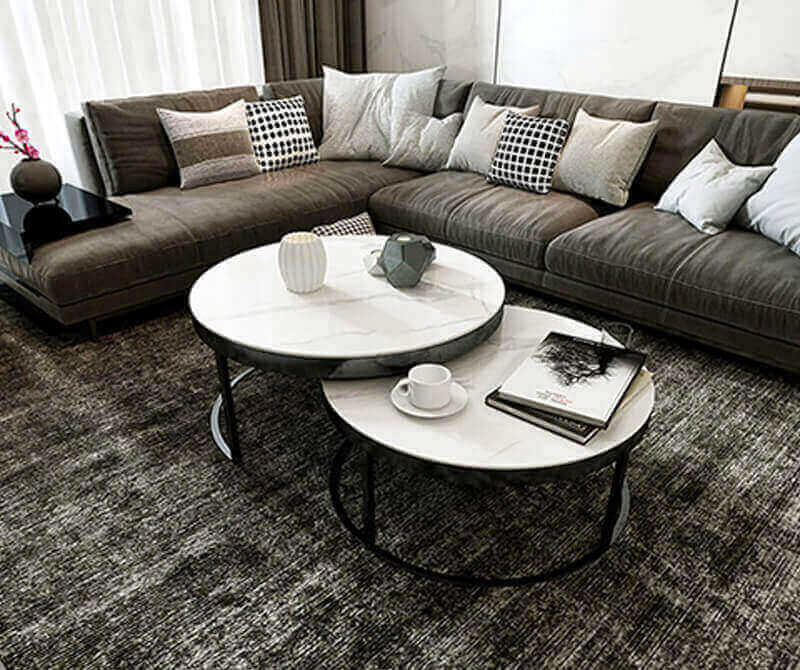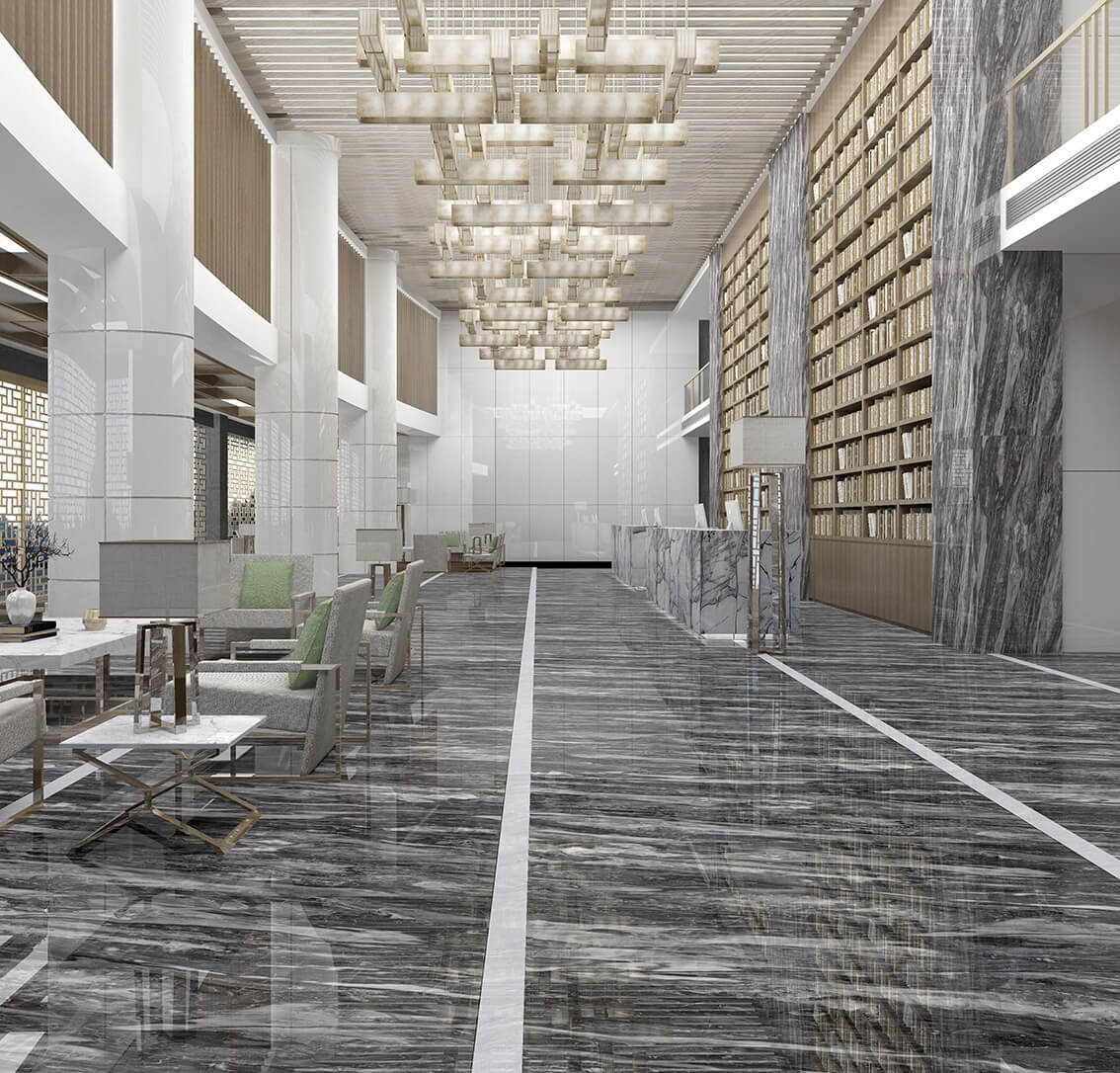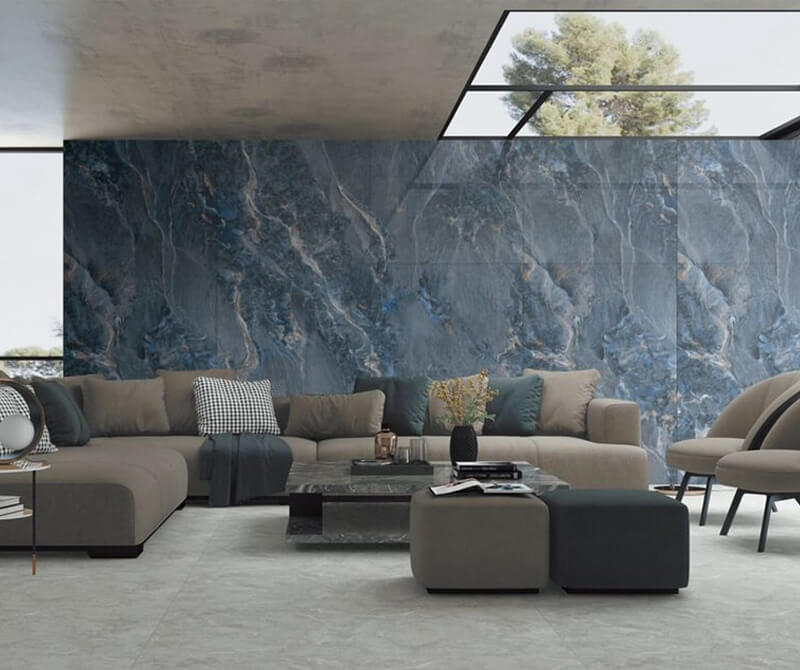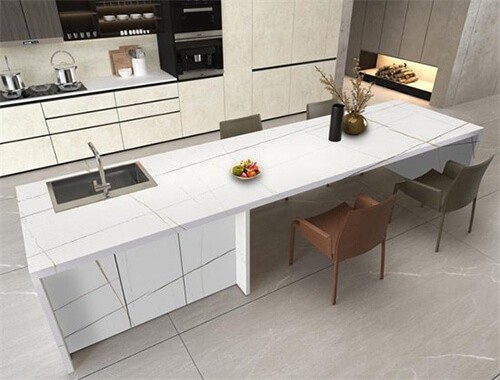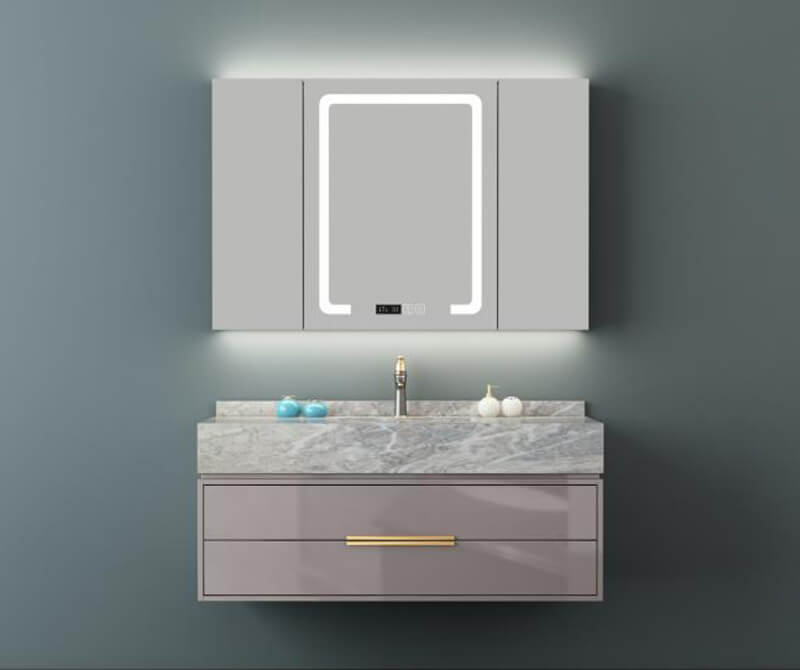Extending tables with ceramic shelf for the design of the kitchen and dining room
Release Time : 2020-10-27 View Count : 183 次Ceramic table tops are becoming more and more widespread: from the tables, to the kitchen countertops, to the bars and to the bathroom furniture.
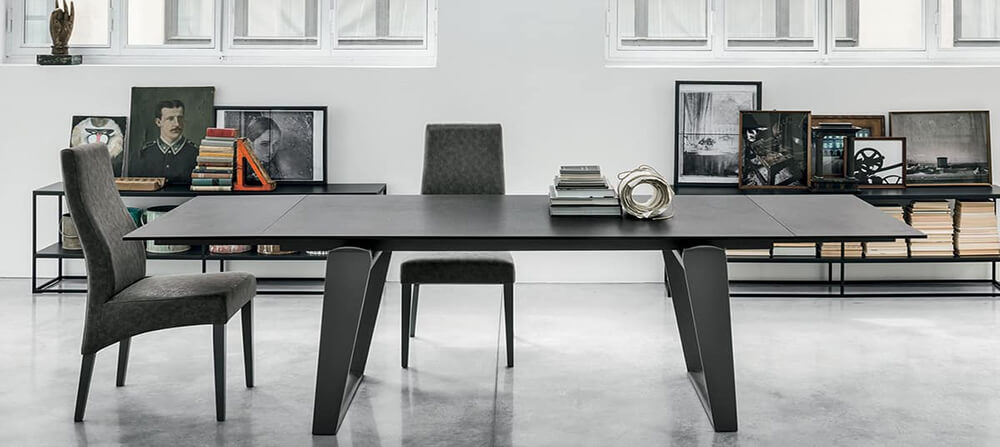
Extending ceramic tables have become one of the last trends in the designer furnishing sector, especially for the kitchen and for the dining room.One of most advantages is perfect for you if you love having guests or love to host parties or dinners for a lot of people.
Worth mentioning are the many advantages of ceramic: being highly resistant to fire, cuts, shocks, scratches and abrasions, it is also resistant to chemical agents, heat and UV rays. Moreover, it is oil and fat resistant. It does not require specific care and it is extremely easy to clean.
Most extending ceramic tables available on the market consist of a ceramic table tops of 12 mm. The legs and the frame of the table are generally made of aluminium or steel.
You will be able to use these tables with the maximum tranquillity, even cutting or putting hot pots on them!
On ANINZ you will find a large selection of extending ceramic tables and of ceramic extensions.There are many different types and sizes, so you’re sure to find one that suits your tastes.
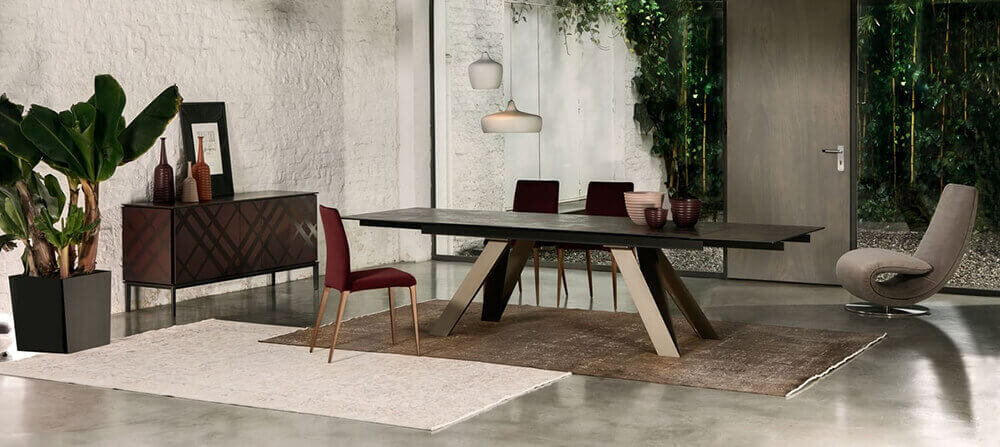
The available dimensions vary from 120 to 180 cm, with extensions from 40 to 50 cm long.
Tables with ceramic tops:
Ceramics is an inorganic material. Clay is extremely flexible and soft at its natural state, and becomes rock-hard after the firing process. Its colour changes according to the chromophore oxides contained in the clays. Iron oxides can be yellow, orange, red-coloured, while titanium oxides can be white and yellow-coloured. At the final stage, ceramics is being glazed and decorated.
Ceramics is suitable for the production of round tables, particularly those with a diameter of 120 cm, 160 cm and 180 cm, and especially for the production of tops. This material is characterized by a small thickness, a good resistance to cleaning products, to chemicals and solvents. The only product that can damage ceramics is Hydrofluoric acid. It also resists to humidity, thermal shocks, to scratches and surface abrasions.
Different kinds of ceramics are available, like, for instance, porcelain and porcelain stoneware, which are extremely resistant to chipping. These materials are characterized by a low porosity and are impermeable to gases and liquids.
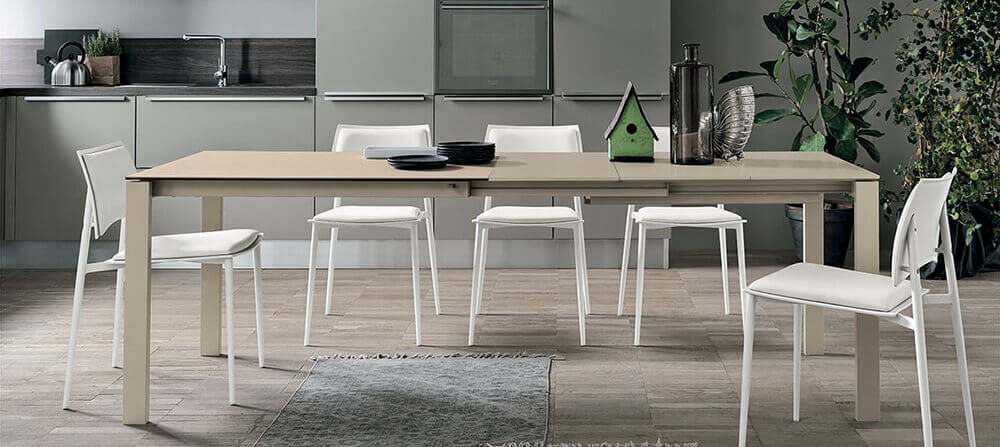
Advantages of Ceramics:
High resistance to scratches, abrasions and breakages
It supports heavy loads
Impact resistant
Classy and elegant
Durable.
How to clean ceramic table tops.
Ceramic tables are easy to clean, but we suggest the use of neutral and alkaline detergents, and the use of a microfiber cloth. Rinse with water and dry the surface to avoid the formation of stains, which might be caused by detergents residues or by a hard saline water.


